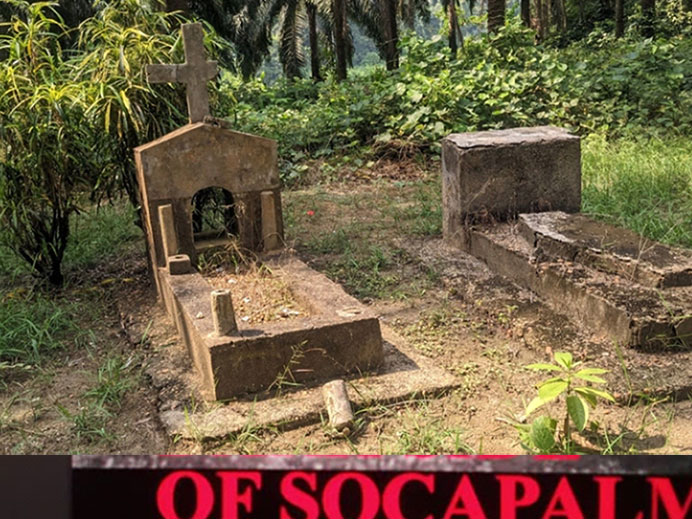Phone:
News

NEW PUBLICATION ON GDA SHELVES: Land grab in Apouh a Ngog and its environs
The main focus of this GDA's legal analysis note is on the illegalities surrounding SOCAPALM's acquisition of land and the violent repression of the communities' civil rights.
The two experts involved first outline the history of the Edea plantation from the colonial period to the present day. Land titles were transferred from the Societes des Plantations Reunis (SPROA) to the Societes des Palmaraies de la Ferme Suisse in 1976, then publicly owned by SOCAPALM before being transferred to the privately owned SOCAPALLM held by SOCFIN.
This history has revealed the legal inconsisencies of these various land titles transferred to SOCAPALM, as well as a long-term lease of national land granted by the administration to the company. Today, these titles, as well as the long-term lease procedure are the subject of the ongoing controversy around Apouh A Ngog and its surroundings between the company, the adminisration and the local population who are contesting and demanding the return of part of the land.
The compelling arguments presented in the document concern the authenticity of the title deeds, as most of them contain inaccurate information about their location; and refer to the arbitrary granting of long term leases by incompetent authorities without proper prior verification, according to allegations by communities that refute any participation in the advisory committe responsible for verifying previous investments which were supposed to pave the way justifying the granting of long term lease.
In addition, the analytical document highlights the de facto occupation of more than 700 hectares of land in order to demonstrate company's faudulent encroachment on community lands.
With all these irregularities in mind, the communities organised themselves to reclaim their ancestral lands by staging peaceful gatherings. However the administration used an erroneous interpretation of the 1990 law on public gatherings as as a pretext to violate their civic rights to peaceful gatherings and to brutally repress them with the help of security forces.
A series of recommendations have been put forth by the authors to establish a concensus that may be more or less satisfatory to all parties concerned but which would go a long way to restore peace and serenity amongst the key stakeholders.
The authors, Marius Gauthier Mongo Ndjem is one the first batch of Community Tenure Lawyers of the GDA/COMAID and Alain Mfoulou Bonny, the legal and political analyst of Green Development Advocates.
For details on the publication visit our website: https//www.cameroon.org/media/attachments/2025/10/07legal-analysis-final.pdf
